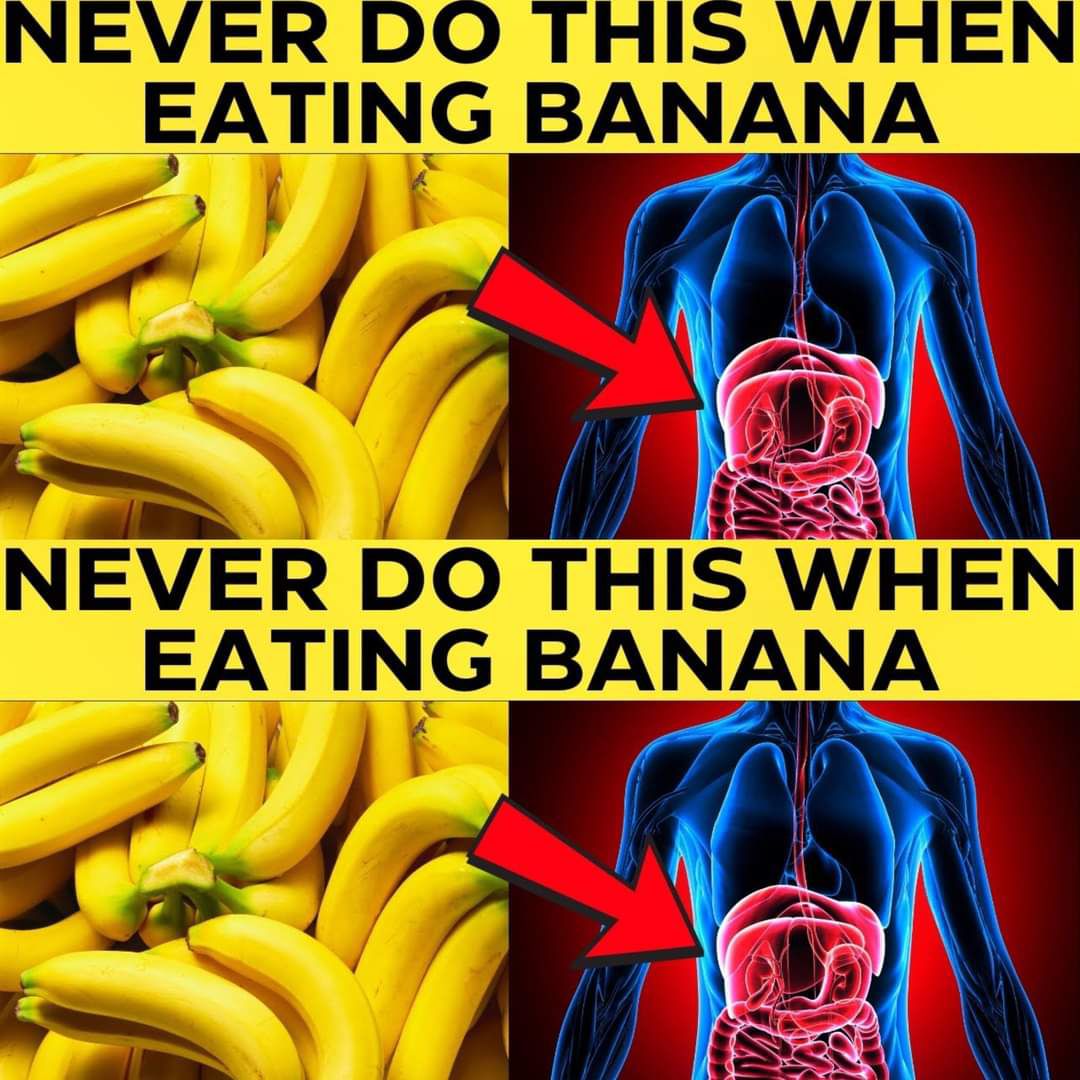Below are some common missteps to avoid when enjoying bananas, along with reasons why making these adjustments can help you get the most out of this beloved fruit:
1. Overeating Bananas
Why It’s a Mistake:
- Bananas are high in natural sugars and carbohydrates. Eating them in excess can contribute to blood sugar spikes, unwanted weight gain, and an imbalance in your overall diet.
What to Do Instead: - Stick to moderate portions—one or two a day is generally sufficient to reap their nutritional benefits without overdoing it.
2. Ignoring Ripeness Levels
Why It’s a Mistake:
- Unripe (green) bananas contain more resistant starch, which can be tougher to digest and may lead to bloating or discomfort. Overripe (brown and mushy) bananas have higher sugar levels and a different flavor profile that not everyone enjoys.
What to Do Instead: - Choose bananas based on your preference and dietary needs. Slightly yellow with a few brown speckles is often ideal for easy digestion, balanced sweetness, and overall palatability.
3. Eating Bananas Alone on an Empty Stomach
Why It’s a Mistake:
- While bananas offer quick energy, having them solo first thing in the morning can cause a rapid blood sugar spike, followed by a crash, leaving you feeling tired or irritable.
What to Do Instead: - Pair bananas with a source of protein or healthy fat—like Greek yogurt, nut butter, or a handful of nuts—to stabilize blood sugar and keep you satisfied longer.
4. Relying on Bananas as Your Only Fruit
Why It’s a Mistake:
- Although bananas are nutrient-dense, they don’t provide the full spectrum of vitamins and minerals found in a varied fruit intake.
What to Do Instead: - Rotate bananas with berries, citrus fruits, apples, and other produce. This ensures a broader range of nutrients and antioxidants, supporting overall health and dietary balance.
5. Storing Bananas Improperly
Why It’s a Mistake:
- Storing bananas in the refrigerator too early can slow their ripening but may also affect their flavor and texture. Leaving them in direct sunlight or near heat sources can speed up spoilage.
What to Do Instead: - Keep bananas at room temperature until they reach the desired ripeness, then store them in the fridge if you want to slow further ripening. Consider separating them at the stem to slightly prolong their freshness.
6. Ignoring Personal Health Conditions
Why It’s a Mistake:
- People with specific health issues—such as diabetes or kidney problems—may need to monitor their potassium and sugar intake. Bananas are high in potassium and contain natural sugars that could be problematic if not moderated.
What to Do Instead: - If you have a medical condition, consult a healthcare professional about how many bananas are safe for you and how to integrate them into a balanced meal plan.
7. Misunderstanding Their Nutritional Profile
Why It’s a Mistake:
- Bananas are a source of essential nutrients but are not a cure-all. They don’t replace diverse eating habits or medical treatments.
What to Do Instead: - Enjoy bananas as part of a well-rounded diet rich in various whole foods, lean proteins, healthy fats, and plenty of vegetables.
In summary:
Bananas are a convenient, tasty, and nutrient-packed fruit, but enjoying them wisely is key. By paying attention to portion sizes, ripeness, pairing them with other foods for balanced blood sugar, and considering your unique health needs, you can avoid common banana-eating mistakes and maximize their health benefits.
